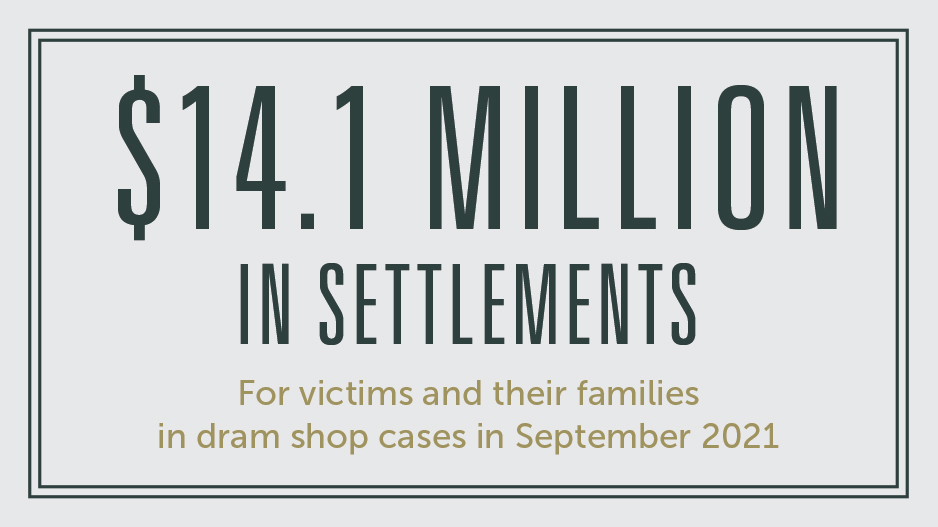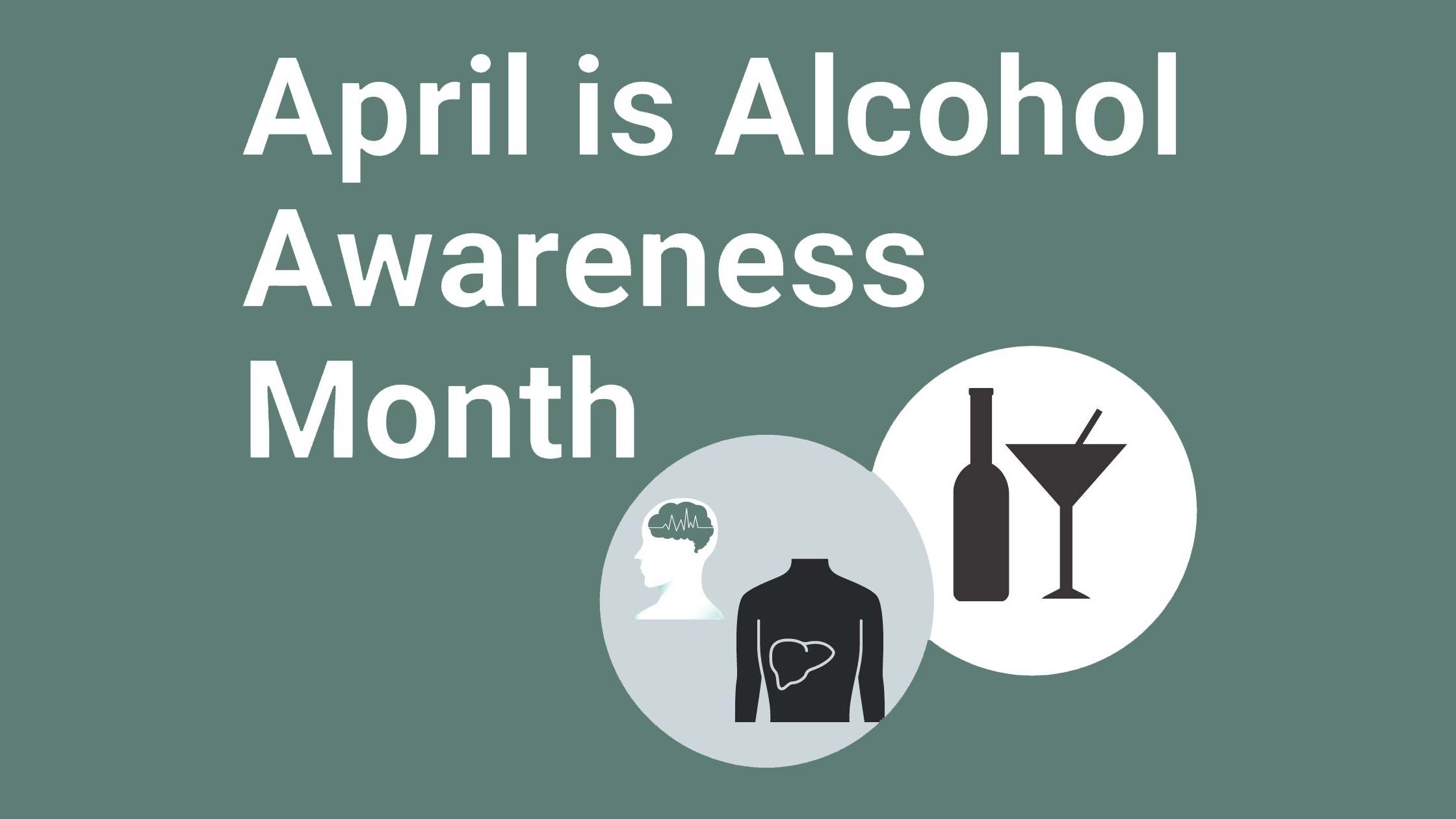In a dram shop case stemming from a deadly July 4, 2019, hit-and-run in which a drunk driver hit a cyclist, Yarborough Applegate attorneys Liam Duffy and David Yarborough recently obtained a key court ruling on behalf of the cyclist’s family.
This wrongful death lawsuit was filed against the drunk driver and the bar that over-served him in violation of South Carolina’s alcohol liability statutes, which make it illegal for a bar to sell alcohol to any guest that it knew or should have known was intoxicated. These laws are in place to protect the public from the dangers of drunk driving by requiring bars and restaurants to exercise responsible alcohol service. However, during a recent deposition, the bar’s corporate representative shockingly stated that the bar’s customers were allowed to get drunk there, that guests were routinely served alcohol while drunk, and that the drunk driver in this case was served alcohol well after he was intoxicated.
After giving this damaging sworn testimony—admitting that patrons are routinely over-served even though it in violation of the law, their training materials, and their own rules—the bar’s representative attempted to re-write his deposition and make significant changes to “undo” these critical admissions. Duffy and Yarborough argued that this was an improper use of the deposition process and asked the court to strike the witnesses’ after-the-fact changes, which contradicted his prior sworn testimony and were suspiciously written in carefully chosen legal terminology.
After a lengthy and contentious hearing, the court agreed with Duffy and Yarborough in this dram shop case, finding that the witness’ effort to unwind his answers and substitute more favorable ones was improper and would not be allowed. This was a significant victory, as it is now clear that the bar that over-served the drunk driver admitted to violating the law in South Carolina.
If you or a loved one has been the victim of drunk driving, we’re here to help. Contact us today.
Disclaimer: Every case is unique, and prior results do not guarantee future outcomes.






